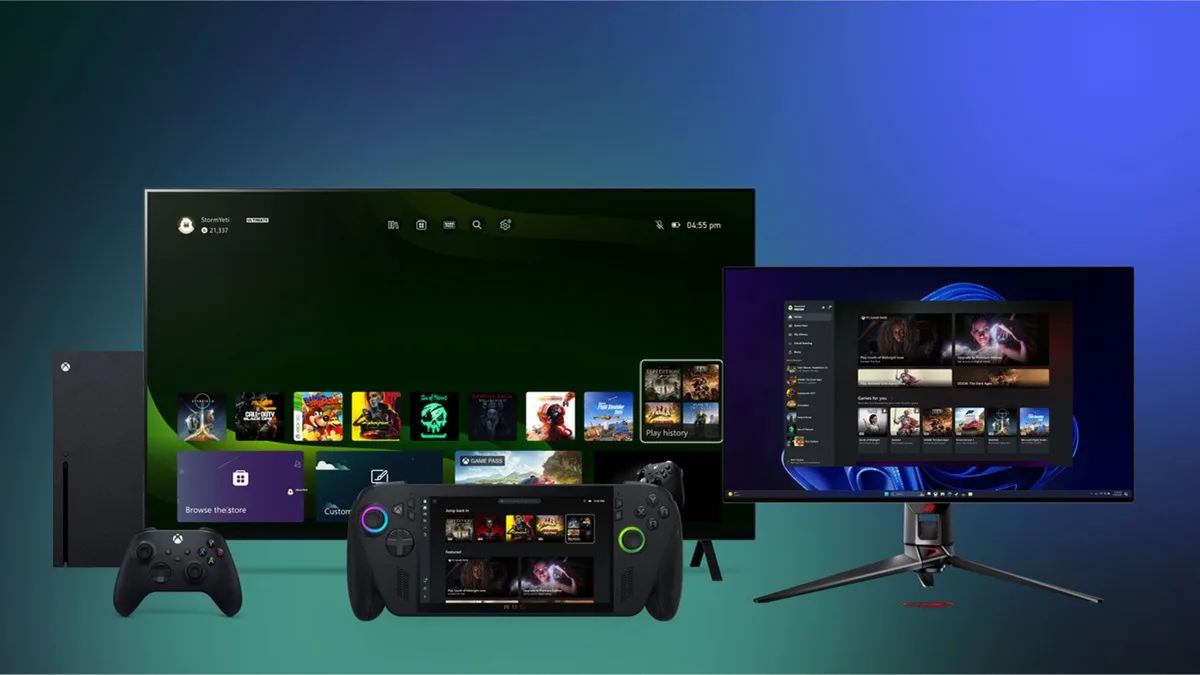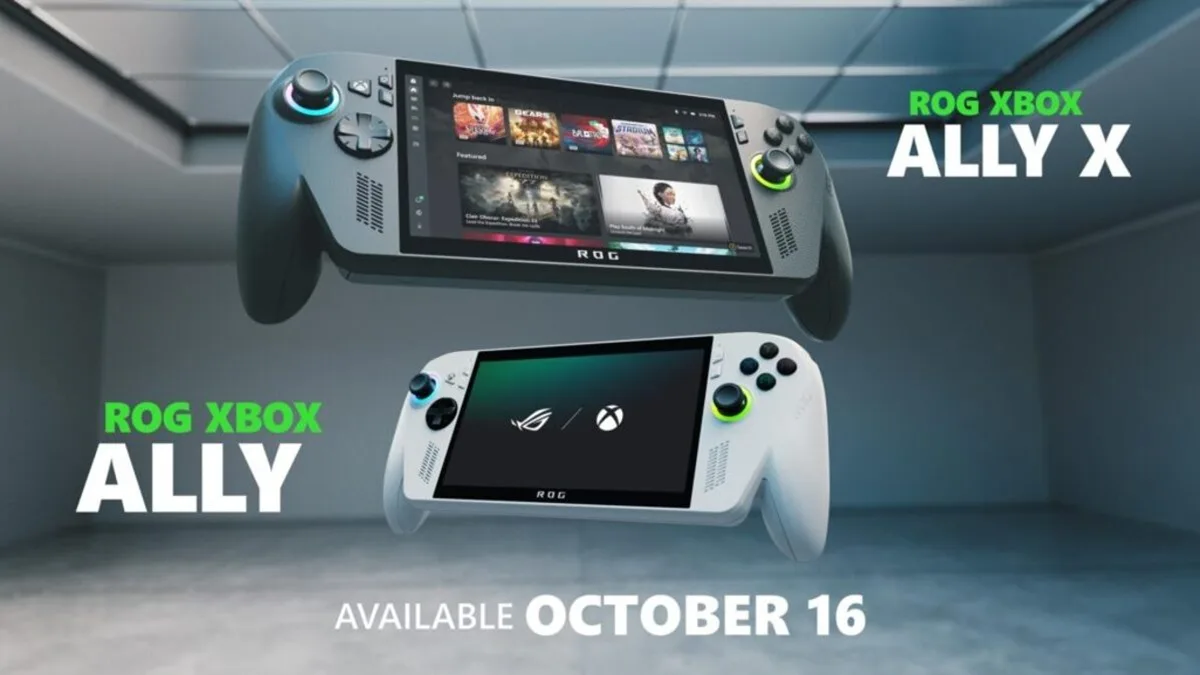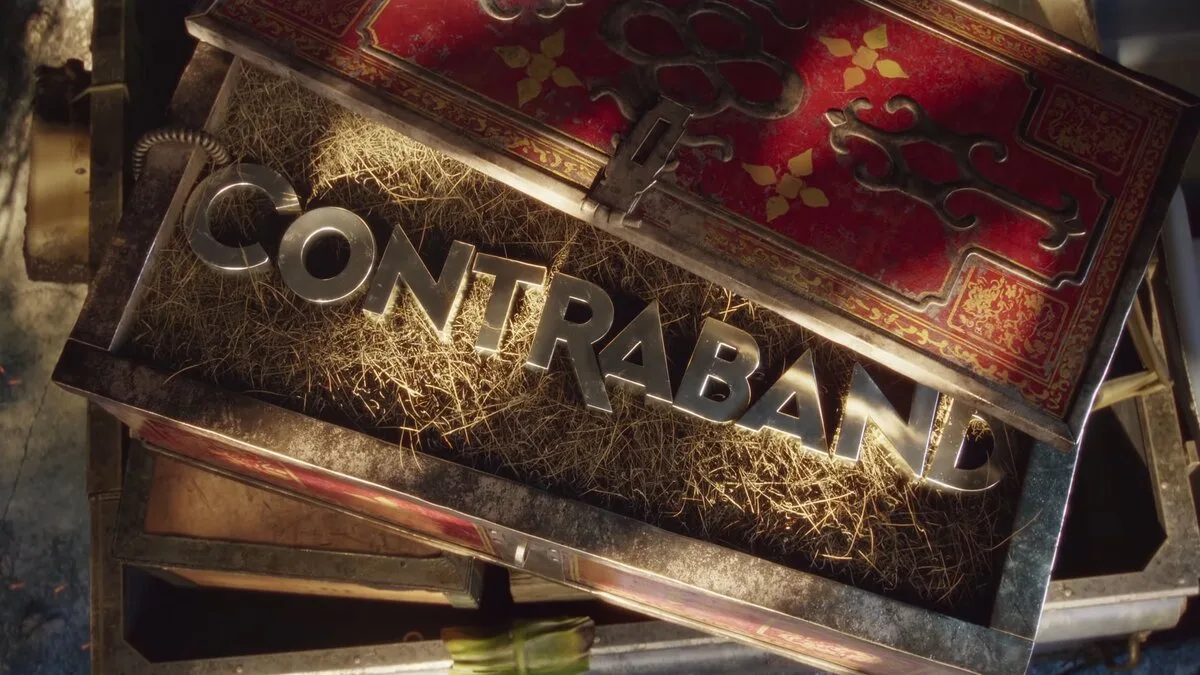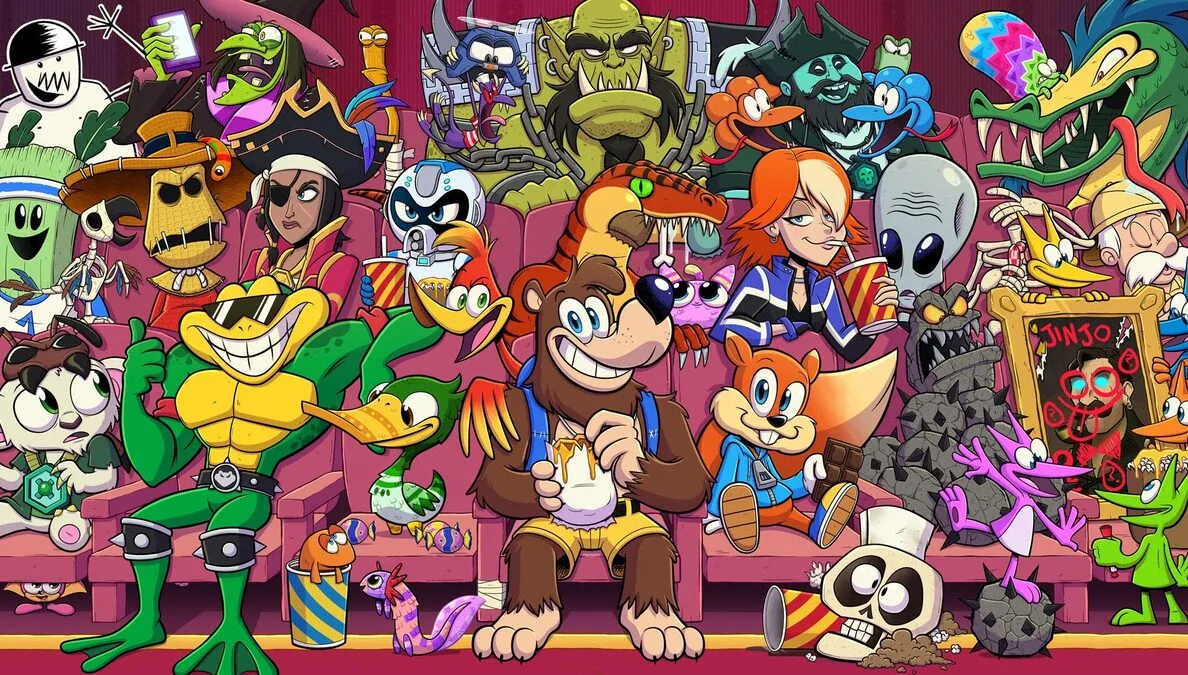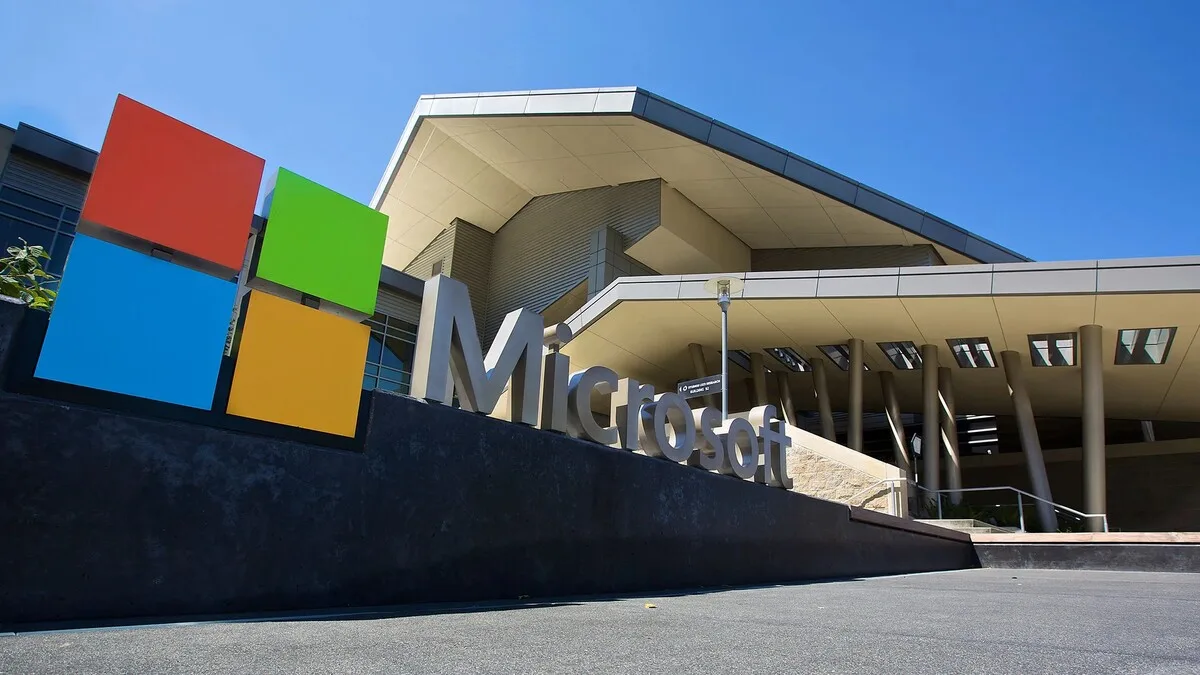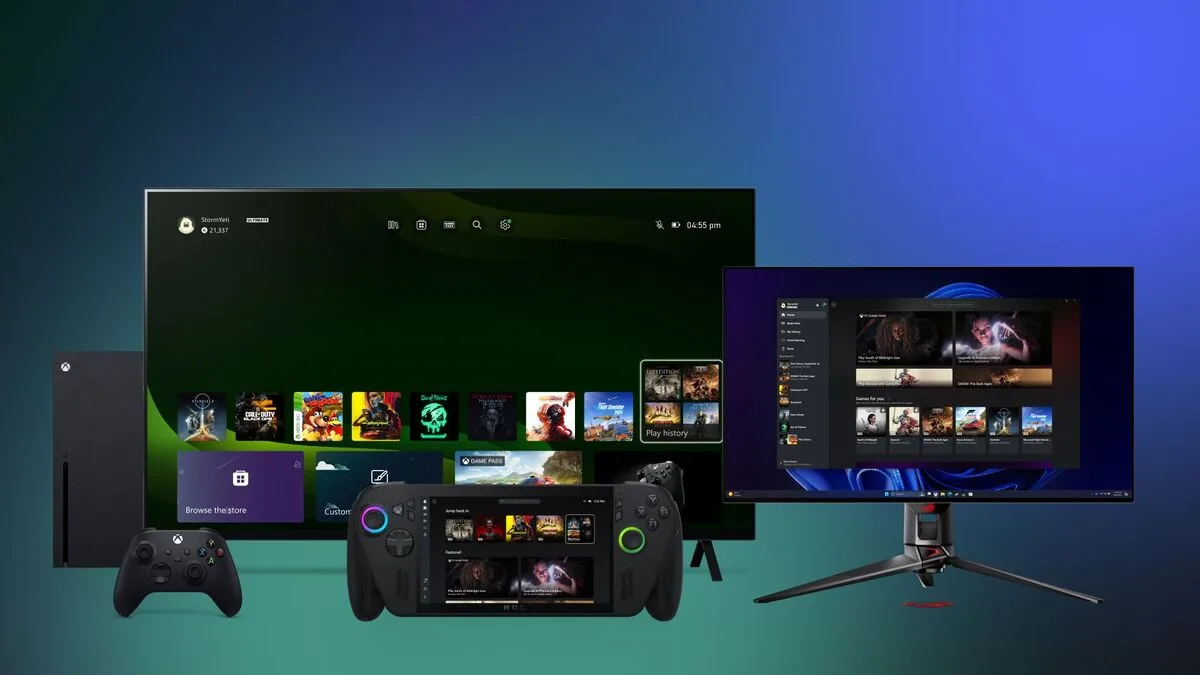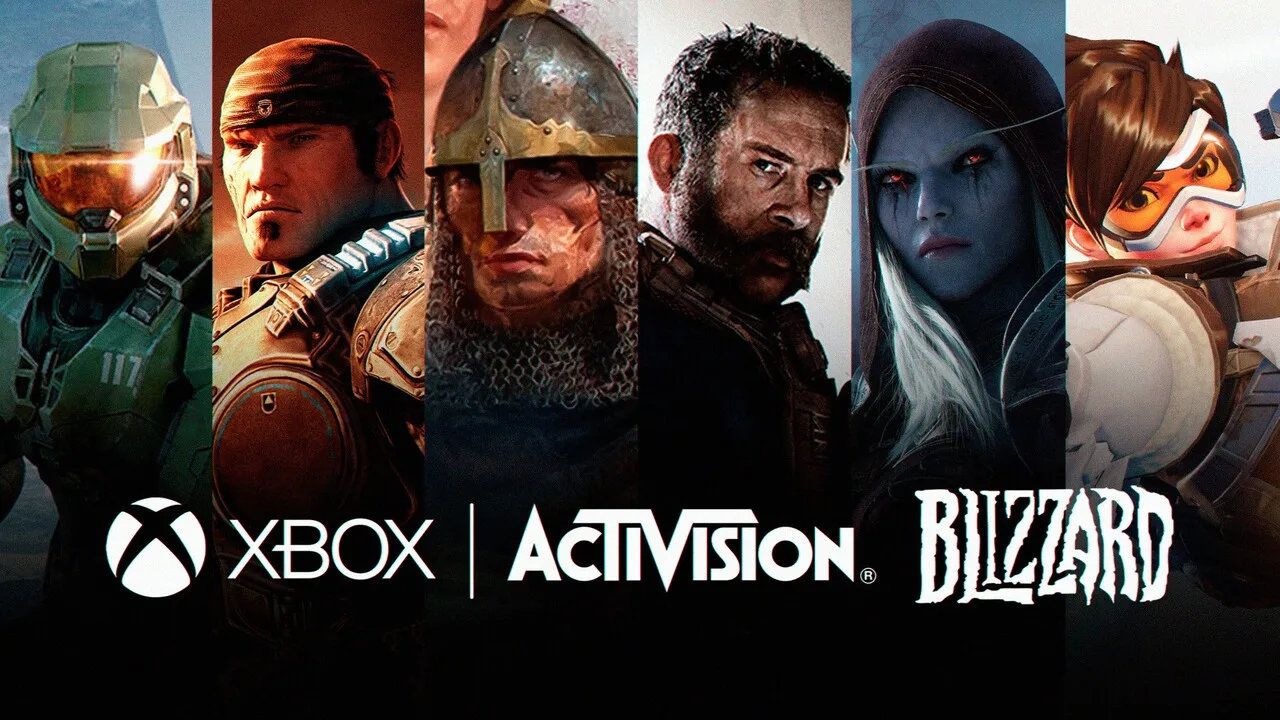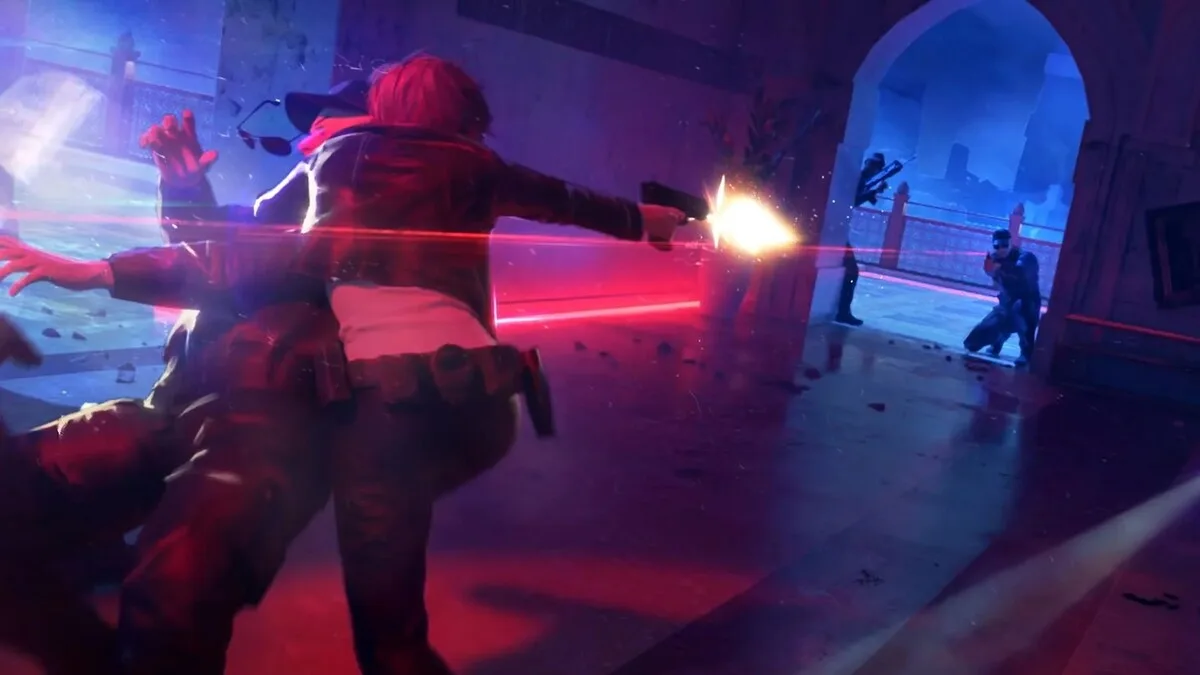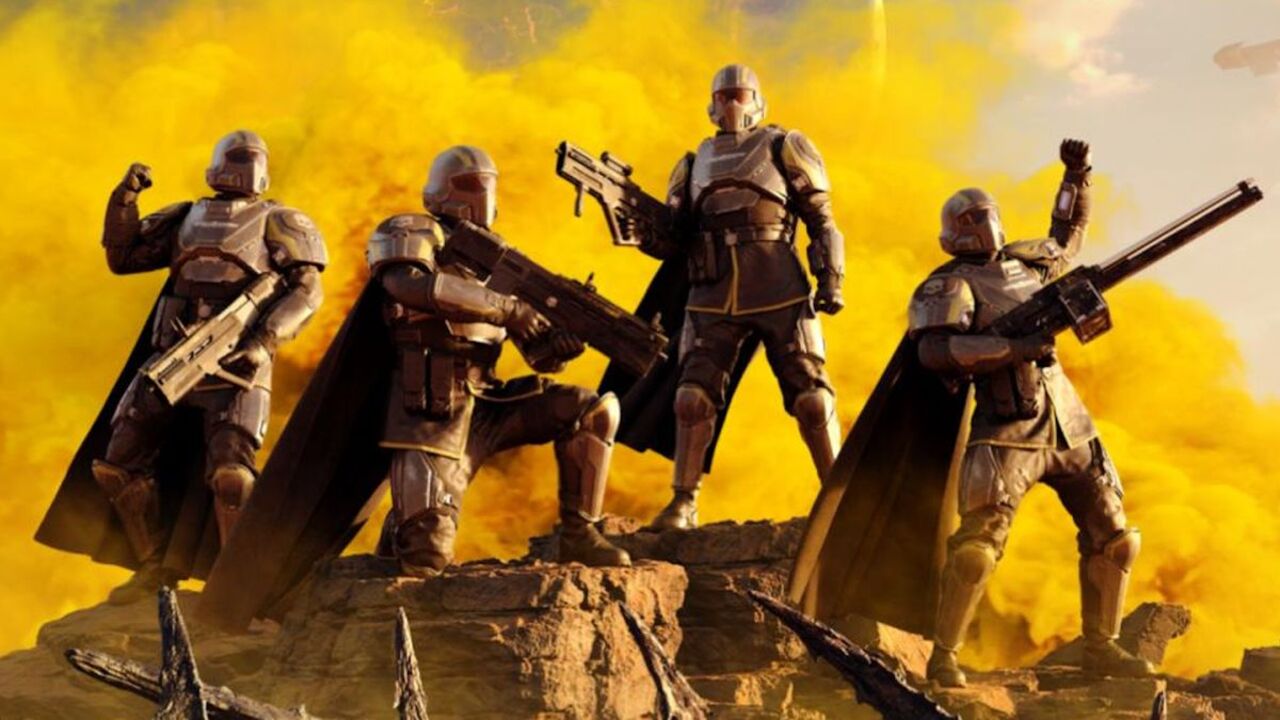
Review of Helldivers 2 – Revisiting a Great game with a Xbox and Halo Injection
Helldivers 2 represents a breath of fresh air in the cooperative shooter genre, though that same innovation can also become its biggest weakness. The game delivers a humorous narrative, packed with clear references and parodies… Review of Helldivers 2 – Revisiting a Great game with a Xbox and Halo Injection
